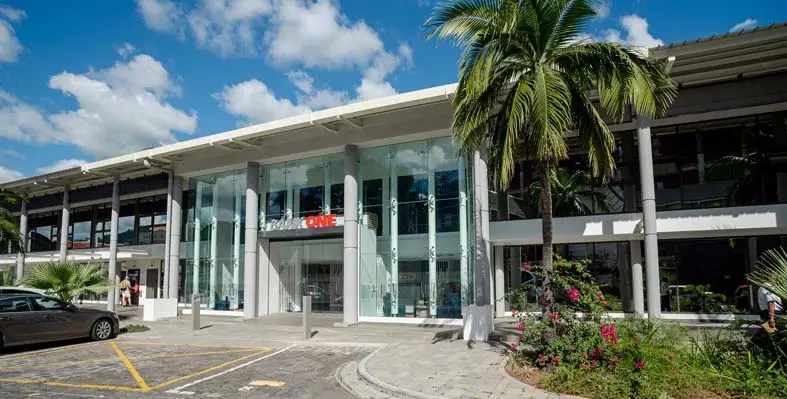Sub-Saharan Africa and Mauritia-focused Bank One has noted a concentration of deals in the oil and gas, as well as infrastructure sectors, when it comes to the Middle East's investment interests in Africa
As part of its long-term strategy to expand footprint and position itself as 'Africa’s preferred gateway', Bank One met with the Gulf region's key financial sector players to understand how Mauritius can form a league with financial institutions in the Middle East to fund impactful projects in sub-Saharan Africa.
The sub-Saharan Africa, especially in the oil and gas area, certainly requires renewed strategies as analytics company GlobalData noted a shift of international oil companies (IOC), in the recent years, from high-risk investments towards lower-carbon interests.
This comes following a Comprehensive Economic Partnership Agreement that was signed by Mauritius and Dubai in December 2023, as Bank One aimed to explore the full potential of the deal, reaching the right partnerships to understand how such economic cooperation can be realised on the ground.
“At Bank One, we were recently privileged to meet with key players from the Gulf region and explore the financial landscape in the Middle East through an expert eye. This has helped the Bank One leadership team form a nuanced view of what this region means to us, and we are keen to impart insights to other banks or financial institutions who would like to explore this region. Indeed, we view collaboration among various financial sector stakeholders as key to realising the potential of the Mauritius-Middle East partnership,” said Thavin Audit, deputy head of corporate and investment banking at Bank One.
Ready domestic market
The oil and gas sector in Africa has immense potential, with the continent’s gas reserves in 2021 estimated at 625.6 trillion ft which is nearly equivalent to that of the US. Significantly, once a major oil or gas discovery is made, the biggest challenge for African governments and their commercial partners is finding sources of finance to develop projects. There is, however, a ready domestic market for such output, with the Gas Exporting Countries Forum noting that the demand for energy in Africa is expected to rise 82% by 2050 with natural gas making up 30% of their energy mix.
Counting on robust growth due to huge sector demands, the continent is also anticipating the Africa Energy Bank which is set to be established in Nigeria with an initial capital of US$5bn.
The huge demand for funding adequate energy infrastructure among other industries is particularly prominent in Africa. Soberingly, when it comes to infrastructure in Africa, bridging the financing gap is a major challenge, with the AfDB estimating between US$130bn and US$170bn required for infrastructure development each year.








